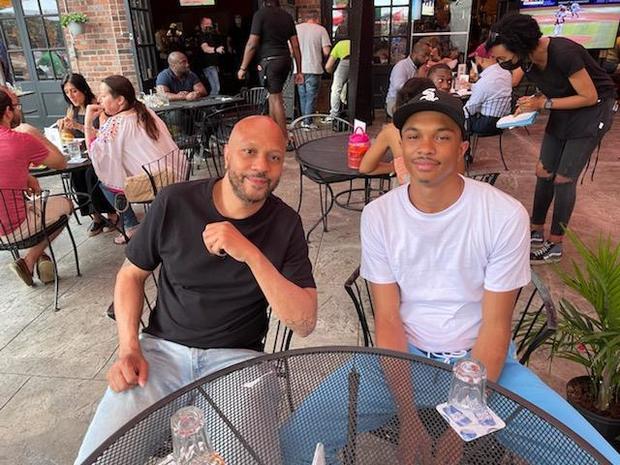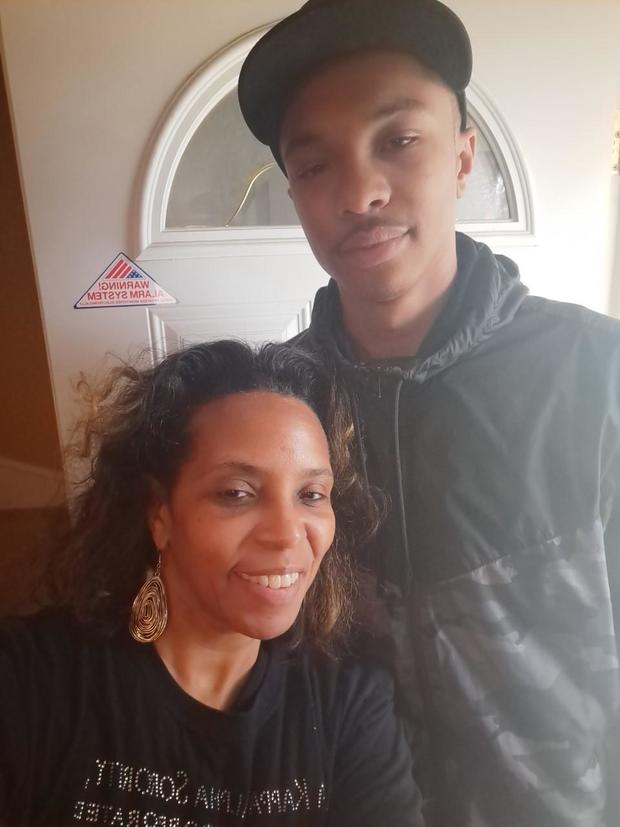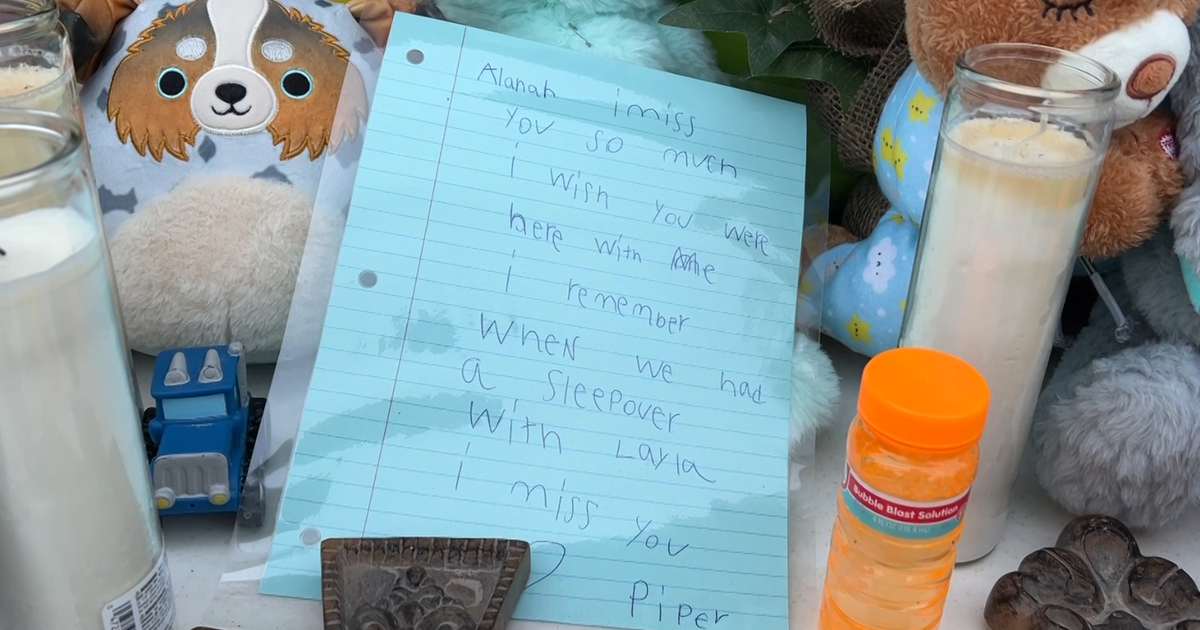Families sue Wayne County morgue, claim death records were changed to falsely lower murder rates
(CBS DETROIT) - Two families are suing the Wayne County Medical Examiner's Office, claiming their loved one's official cause of death was changed in an effort to falsely lower murder rates.
The lawyer for the families said the changes were made without notification or proper evidence.
"When you change that death determination from a homicide to a suicide, number one the first thing that happens is the investigation stops, completely stops," said attorney Dionne Webster-Cox. "And now you get to report and say, 'our numbers have gotten better.'"
Webster-Cox represents the family of Isaiah White, who was found dead at his home in Detroit on Sept. 21, 2021.
"My cousin just shot himself," said the 911 caller. "I was playing a game, and I just heard a big boom."
Detroit police responded to the call and found the 21-year-old dead on the couch, a single gunshot wound to his head.
Police body camera footage of the night shows the 911 caller and the caller's family talking to law enforcement about White's mental health. They tell police White had dealt with depression and self-harm in the past.
When White's parents got the call, they said they were in shock. White had just spoken with them that day asking for help paying his rent.
"Who would try to make arrangements to pay their rent the same day, and then later on that night kill themselves?" said his mother, Melanie White. "I was not accepting what happened to him."
At the scene, police also started to raise questions, one suggests to the others that the shooting "might not be a suicide."
Body camera footage shows the officers investigating the scene. They said that before the gunshot, White appeared to have been on the couch, smoking in front of the TV.
"The only thing that's throwing me off is the cigar in his hand," said one officer. Isaiah was still holding it in his right hand.
"And where he was shot," said the officer wearing the body camera. Isaiah was shot in the back of his head on the left side.
The officer discussed the shotgun that was used, and its placement at the scene. And questioned if White would have been able to hold the shotgun one-handed, with his non-dominant hand, and shoot the back of his head.
The officers said the scene needed further investigation by the Detroit Police Homicide Unit, who arrived after the body camera video ends.
"In the medical examiner's report, it said the manner of death has to be a homicide, clear as day," said White's father, Darren Pollard.
In the Postmortem Report, the deputy chief medical examiner wrote that the "investigation revealed that the decedent could not have shot himself in the back of the head with the shotgun in question and only using his left hand. Thus, the manner of death is homicide."
White's death certificate also said homicide.
After his funeral, White's mother began requesting police documents and medical records, and that's when she found a new addendum to the Postmortem Report. It had changed White's death from a homicide to a suicide. White's family said they were never told about the change, and only found out about it after spending weeks requesting documents.
In the Addendum Report, the deputy chief medical examiner wrote that "further investigation by police revealed that this wound was self-inflicted."
The report cited blood pattern analysis that White's family said they were never shown. The report states the analysis revealed that "although it was not the decedent's dominant hand it is possible for him to have inflicted this injury himself. Thus, the manner of death is amended to suicide."
The addendum also cites White's past suicidal ideations.
"I mean we all have mental health issues at times, does that mean he doesn't get a fair investigation?" said Pollard.
CBS News Detroit reached out to the University of Michigan, which was operating the Medical Examiner's Office at the time of the allegations. They said they can not respond to our questions as it involves pending litigation.
"There's a bigger picture here," said attorney Webster-Cox. "It's not just the two families I have, there's more to it than that."
Webster-Cox also represents the family of Kaniesha Coleman, who was shot in the abdomen in July 2020. Coleman's death was determined to be a homicide, then months later switched to suicide.
"He said we went by witness statements and polygraph tests. And later on, I found out that the suspects had been changed to witnesses, and that her cause of death had been changed from a homicide to a suicide," said Coleman's family member.
The family member, who wished to remain anonymous, said they feel Coleman's killer is still free, and they don't know who they can trust.
"Not only do I have to deal with the killers, whoever did this, I also have distrust with the police"
They said Coleman's death determination was changed despite police and hospital records showing that Coleman said she had been shot by someone else.
Webster-Cox said in both cases the scientific evidence did not support changing the death determinations.
"So a right-handed person shoots themself in the back of the head with their left hand, and it's a shotgun, a long 19 inches. How does that happen?" she said, referring to White's case. "Make it make sense for me and I'll leave it alone."
The families said they feel like collateral damage in a system that doesn't care about them or their loved ones.
"It's just another black kid that's dead," said Melanie White. "I think they're also trying to keep down their homicide rates.
The families said they are filing the lawsuit to get answers about what led to the cause of death changes. They said mental health issues are real, and should not be used to create suicide narratives that prevent thorough homicide investigations
"Because it was a young Black male, appeared to be all alone. They didn't know that he had a family that was willing to fight for him. They felt they could just push his life under the rug as if he never existed," said Pollard. "We can't live with that."







